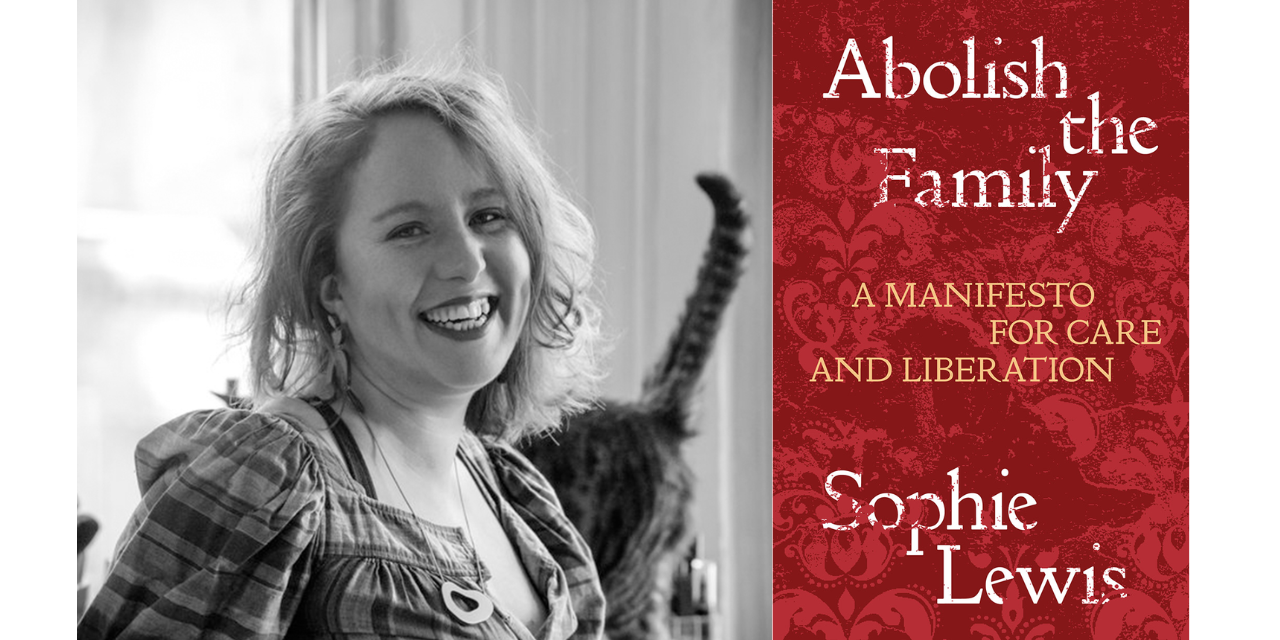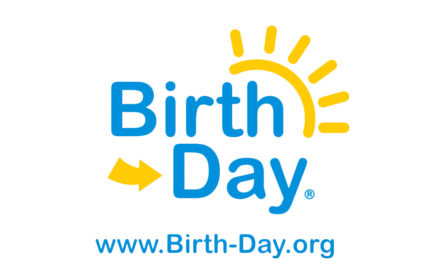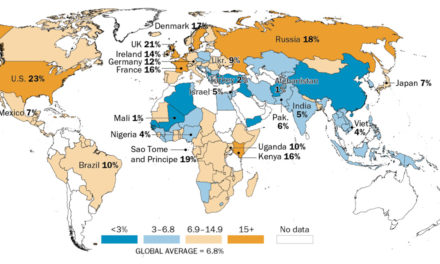Political radicals, particularly anarchists, socialist and communists, have been calling for the abolishment of the family as a means toward better living for everyone for quite some time. It is a fool’s errand.
None of their claims have ever come to fruition, thankfully. But that has not stopped a new author from giving the silly idea another tired go.
The newest effort here is Abolish the Family: A Manifesto for Care and Liberation, to be published by Verso Press on October 4. This abolition must happen, according to the publisher’s promotional material, because “[n]obody is more likely to harm you than your family.” Seriously?
Can they admit that happy, non-harming families do exist? Yes, but with this dismal appraisal, “Even in so-called happy families, the unpaid, unacknowledged work that it takes to raise children and care for each other is endless and exhausting.”
The promotional material continues with more baseless, sensationalist claims, “This exhilarating essay looks at historic rightwing panic about Black families and the violent imposition of the family on indigenous communities, and insists: only by thinking beyond the family can we begin to imagine what might come after.” If one is looking through primarily negative lenses, then negativity is what one will see.
Views like this only make sense if one goes along with the mistaken assumption that family is merely a modern, Western, white, Christianized ideal that is imposed on cultures from “colonizing influences.” It most certainly is not.
Donald E. Brown is a cultural anthropologist from the University of California – Santa Barbara who has written on what scholars from his discipline have found exist in all cultures throughout the world across time. They call these “human universals.” Family, centered on the marriage of mother and father and their common children, undergirded by extended family, is a human universal. And it is a universal, not because a particular religion or political scheme imposes it, but because nature does. That is why it appears everywhere, and will in perpetuity. Christians refer to a gift from God given to all peoples as a “common grace.” Like water, air and love. Humans cannot and do not exist without it. It is the same with family.
But, a review of this new book in the British political and cultural magazine New Statesman describes this new book’s author Sophie Lewis as “our most eloquent, furious and funny critic of how the family is a terrible way to satisfy all of our desires for love, care, nourishment.” Not surprisingly, the New Statesman’s appraisal of the family is less than stellar,
The family, Lewis and other abolitionists and feminists argue, privatises care. The legal and economic structure of the nuclear household warps love and intimacy into abuse, ownership, scarcity. Children are private property, legally owned and fully economically dependent on their parents.
These people could make kitties sound evil. And they continue,
The family isn’t actually any good at creating intimacy, Lewis argues; the family creates, in fact, a dearth of care, with shreds and scraps of intimacy fought out between overworked parents and totally dependent kids, hidden behind the locked doors of private property.
But What Does Science Say?
Of course, all of this rhetoric flies in the face of an absolute wealth of medical, social science and psychological research. And it must also be noted that this idea of doing away with the family as it is known across all cultures is certainly not new.
The philosopher Plato, long ago in his Republic, posited that the ideal should be to abolish the family as we know it and simply allow the State to raise all children. No marriage, no parents, no family.
It is not surprising that no society anywhere in the world has ever successfully realized Plato’s dream. None. And it is not from want of trying. Many have, and none of them have succeeded beyond a generation or so. Why? Because family, built on marriage between man and woman and married parenting, is the ideal that works best for all societies. This is true across all cultures and religions.
This essay, published in the journal The Natural Family, explains the current research behind this fact. Every important measure of human well-being is positively impacted, as a rule, by men and women living together in marriage and their children being raised in marriage by either their biological or adopted parents. No other family or societal form has ever been discovered that rivals this ideal.
And try as they might, new books like this one making the claim that the family has served its purpose, will be quickly judged deficient by the reality that family is a universal truth that transcends culture and ideology. We can all be sure of that.






